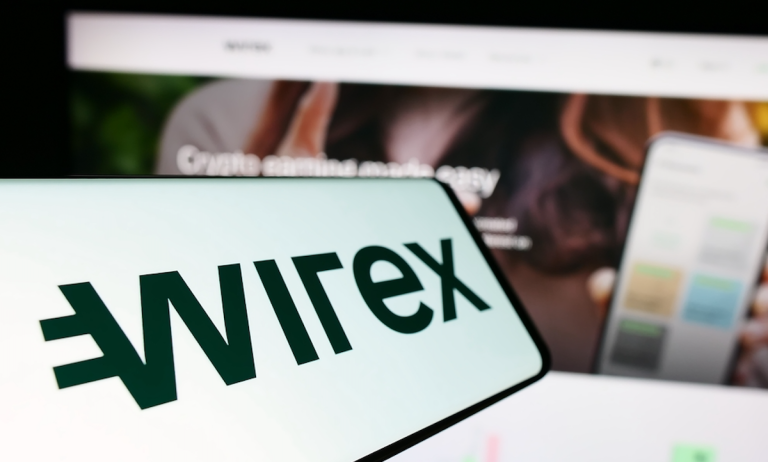Wirex Plans Decentralized Autonomous Organization for WPay Platform

Wirex says it is creating a decentralized autonomous organization (DAO) for its payment platform WPay.
The project is designed to give users the opportunity to play a larger role in shaping the future of the platform, the Web3 money app said in a Tuesday (April 9) news release.
“The goal of establishing a decentralized governance for WPay demonstrates Wirex’s dedication to embracing decentralization and increasing community involvement,” the release said.
“Once the DAO is fully set up, users will have the opportunity to propose, discuss, and vote on important updates, new features, and strategic directions for the platform. This will create a democratic and decentralized decision-making process.”
Wirex CEO Pavel Mateev added that moving toward decentralization is important for both developing WPay and creating a more financially inclusive ecosystem.
“The establishment of DAO for WPay will place power in the hands of our users, enabling them to steer the platform in a direction that best serves the community,” he said.
According to Wirex, WPay’s decentralized nature means users will retain full ownership of their funds, thus doing away with “the risk associated with intermediaries.”
Users can spend their digital assets via the Visa/Mastercard network, with the platform facilitating real-time transactions and integrating “digital currencies with everyday financial services, promoting widespread adoption and utility,” the release said.
The popularity of instant payouts has grown in recent years, as PYMNTS wrote last week. Seven years ago, only around 4% of disbursements were paid instantly. But as of the start of this year, that figure had jumped to 32%, according to the PYMNTS Intelligence report “Measuring Consumers’ Growing Interest in Instant Payouts.”
“One reason is that consumers looking for disbursements — paychecks, government payments, insurance settlements, investment earnings — want their money quickly,” PYMNTS wrote. “The report, which was based on surveys of 3,898 U.S. consumers, found that 77% of respondents opt for instant payouts when given the option.”
The uptick in instant payments is due primarily to the growing number of businesses and entities identifying instant payouts as the only method to receive funds, with around 10% of disbursement receivers saying they have no choice but to accept an instant payout.
For people who remain skeptical about instant payouts (even if given the option), 48% said their chief concern is data security.
“However, even those concerns are subsiding,” PYMNTS wrote. “Today 17% fewer consumers have security concerns regarding their instant disbursements than did in 2021.”